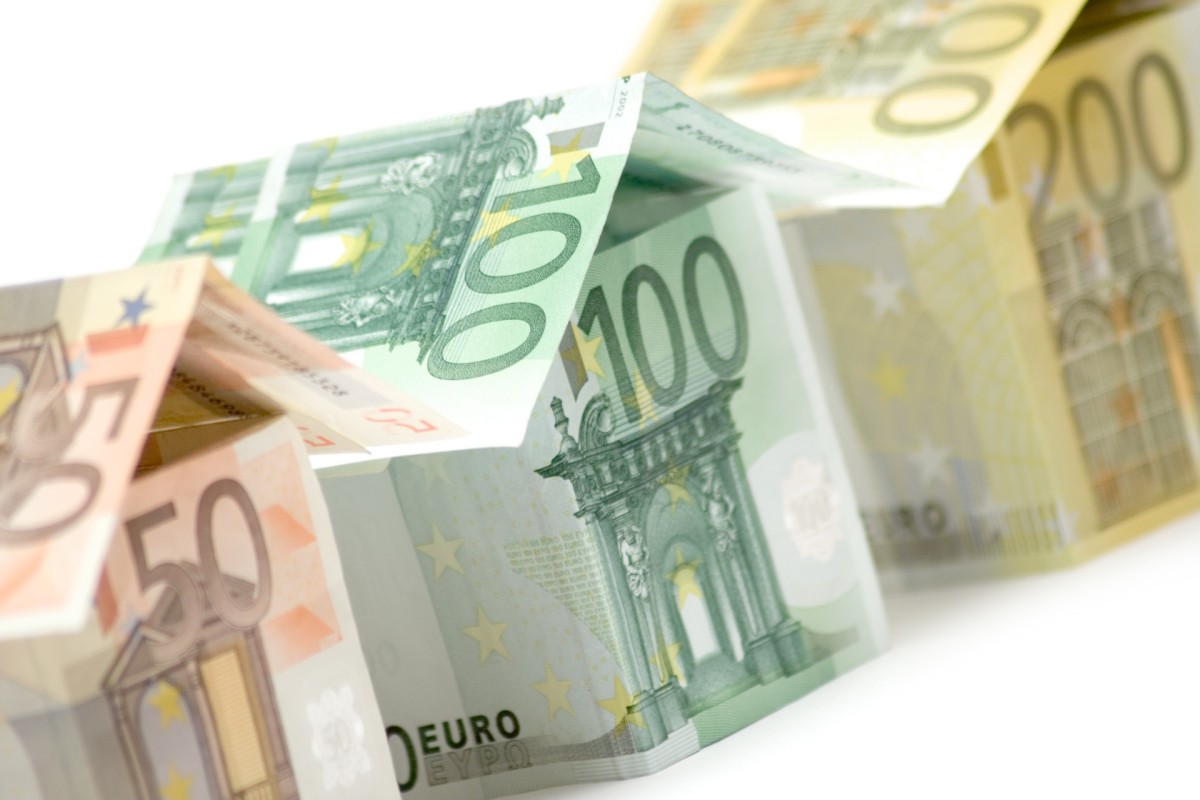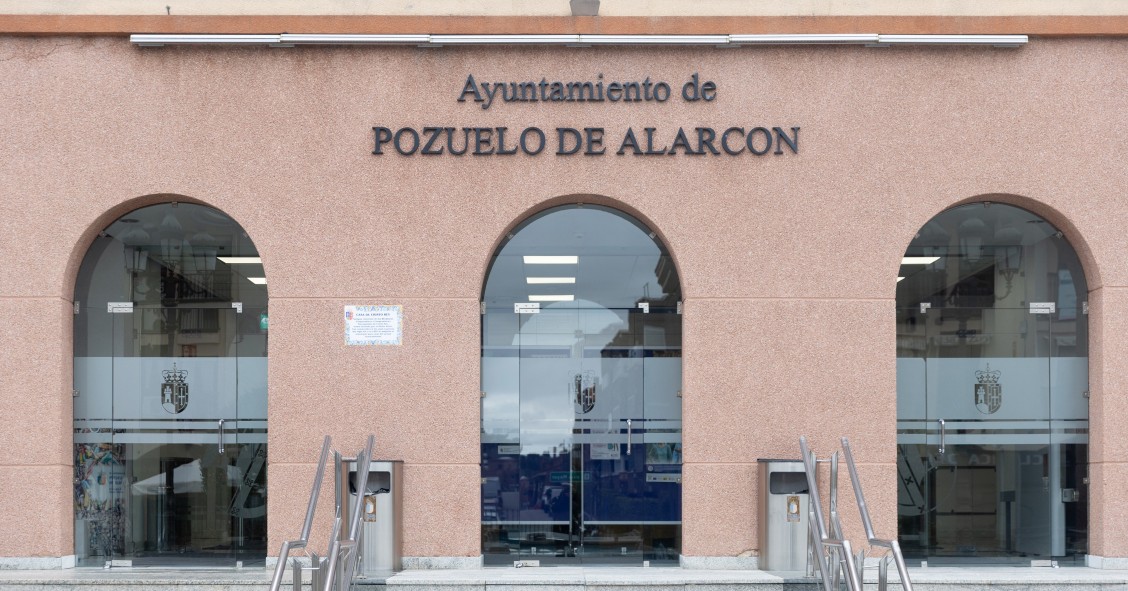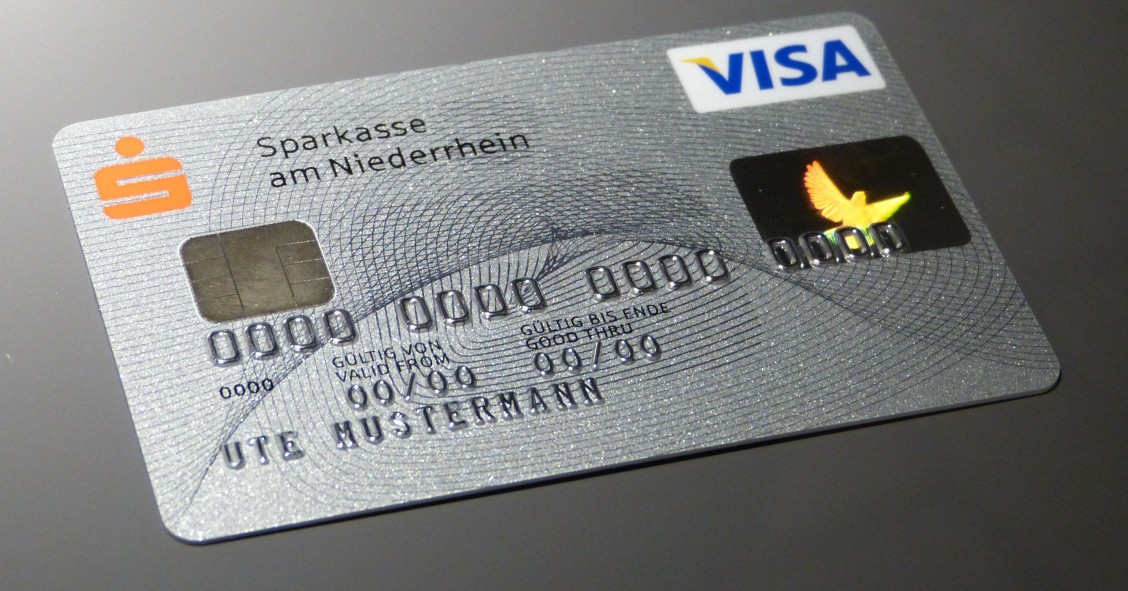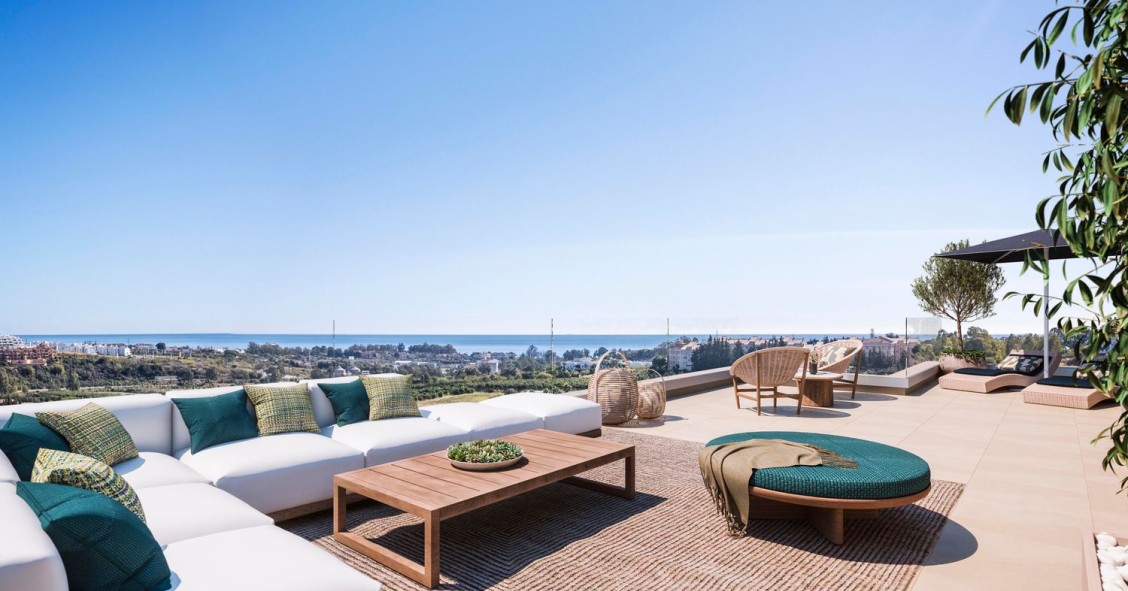
When we plan to buy a house and need to ask for a mortgage, a concept we must be familiar with is mortgage-related origination fees. This is an amount that the bank will ask us to pay for the expenses associated with the process, so we must have saved this amount before applying for a mortgage.
What are origination fees for a mortgage?
When you apply for a mortgage in Spain, the bank will start a mortgage feasibility study. Once the bank gives us the go-ahead and initiates the mortgage granting procedures, it will ask us to pay the origination fees.
Origination fees are a sum of money that we will have to use to cover the expenses associated with both the mortgage and the purchase.
This amount is not arbitrary, and the bank is responsible for calculating it, taking into account each loan’s characteristics. Generally, the mortgage and purchase expenses are usually 10% of the house price.
In summary, on average, origination fees will be 10% of the house value. We must have saved this money in advance, and is commonly known as "the mortgage down payment".
However, if you don't have this money saved, keep in mind that there are also some ways you can get a mortgage with no savings.
How do origination fees work?
It all depends on the bank. However, in most cases, these are the following steps regarding origination fees:
- The mortgage is requested after comparing different options.
- The bank performs the feasibility study.
- If the bank approves the application and you accept the personalised offer, it will ask for the origination fees. Generally, this procedure is carried out through an agency and, in most cases, the bank provides it.
- Then, the purchase process and the granting of the mortgage are carried out.
- The bank processes the origination fees.
- The bank notifies us of the result of the origination fee process and notifies you. You must then review the settlement and, if it is correct, notify the bank. If it is incorrect, you must also notify the bank so that it can be corrected.
- Lastly, the bank returns the excess money from the initial origination fees to your current account.
Who pays the origination fees?
The bank customer must pay the origination fees. It is the person interested in buying the property and who goes to the bank looking for mortgage financing. The most usual thing is that the bank is the one that facilitates an agency, which will be the entity through which this operation will be processed.
When do you get the origination fees back?
Once the purchase process is complete and the mortgage is granted, the origination fees must be settled. Generally, the bank's initial calculation is usually on the high side to ensure that no money is missing during the process. That is why, once all the steps have been completed, the bank must return the excess amount to us. This process must be done after the origination fees have been paid, and it can take several months after the purchase contract has been signed.
Once the bank has the settlement ready, it will notify you. You must then review it to make sure that everything is correct and, if you agree, accept it. Then, the bank must deposit the surplus money into your current account.
Compare the best mortgages with idealista/mortgages and get your questions answered with us for free.






